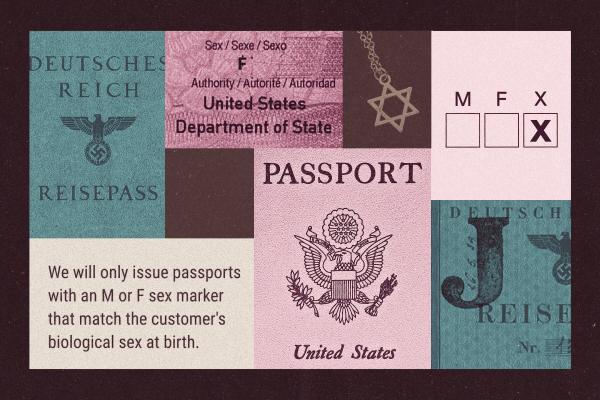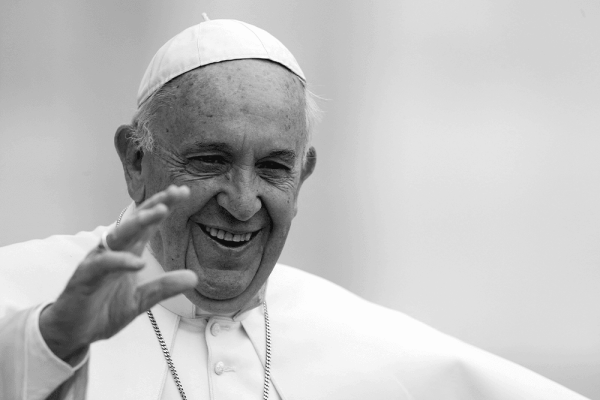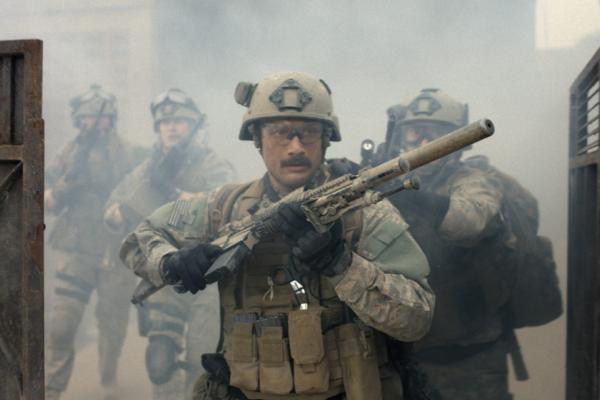Climate change, racism, and environmental violence share the same last name: extraction. They find root cause in the same atrophying of our national moral character and loss of communal responsibility. We are really up against old problems that every so often like to present a new face; today in the ways of police brutality, of insurgent wildfires, or of acid rain.
We all participate in the economy of extraction when we practice the belief that our Earth has no dignity, no life, or inherent value apart from what we get out of it for utility and for short-term profit. We participate in this economy when we continue to strip the dignity from any sort of bodily — or embodied — work and exploit mainly Black and brown bodies for hard labor with criminally low wages and working conditions in exchange for comfort enjoyed only by some. We all fall prey to the logic of extraction when we engage mindlessly in consumerism and accumulation, whether through buying stuff we do not need or wasting what we have. There are a thousand ways to participate in the economy of extraction, and most of the time we do it in willful ignorance.
Yet this legacy of extraction cannot co-exist with God’s dreams. In God’s order of things, nothing is created in vain, nothing goes to waste, and everything is treated with care. God longs for and is working toward wholeness and healing, toward justice and restoration for all created beings. We know this and we want to participate in building this radical and sacred economy — one where each person and every created being is indispensable and worthy of care.
This election, we have some choices. We could carelessly take a pen and scratch in a few checkmarks in one direction in alignment with our favorite political ideology and think our responsibilities are done. Or we can welcome the ballot as an invitation to examine our lives and consider how we might carefully inhabit our homes and communities in the years to come.
So can we each take our vote on Nov. 3 not as the end, but as a vow toward a renewed beginning? Christ followers cannot be single-party or even single-issue voters; Our alignment is always and only to God: God’s desires of wholeness and liberation. God’s dreams of radical welcome. God’s movement toward justice — especially for members of our community who continue to be oppressed by the relentless churning of the extractive economy. We are not called simply to “vote for climate”; our responsibility is to show up season after season, in the personal realm and the public square, as a people committed to care-giving and to building vital community, no matter our position in the world.
“Justice is what love looks like in public,” Dr. Cornel West rightly says. So this election season, can we think of our vote as a humble gift to each other in an act of community care — just one gift in an entire ecosystem of ways to practice care-giving and love? We all know that no vote and no candidate will ever be perfect. But we can vote in the direction of justice for the oppressed. We can vote for the candidates — on the local, the state and national level — who are authentically committed to an ethic of communal responsibility, of wholeness and restoration for God’s people and world. We can vote for the people who have, season after season, shown that they are willing to be held accountable to the people they represent and serve. We can say yes to the candidates who are on the journey with us to reverse the legacy of extraction in our lives and communities.
Our vote is a renewed beginning. Yet we already know that the deep work of real healing and wholeness must extend far beyond one voting cycle; this requires more responsibility than a few checkmarks in one direction, in one election. The work of unlearning racism and undoing our habit of exploitation — of the earth, of other bodies, and other neighborhoods — is long. How, then, should we consider personal and common life in every season, behind and beyond every election season?
Here I’d like to offer three suggestions to build a fuller ecosystem of care and restoration practice in our lives and our communities in every season. My prayer is that they would spill over into every crevice of our lives, from where and how we engage our free time to the values and character we bring to our vote.
- We can recover and restore the dignities of embodied work and embodied life. The lifelong work of undoing extraction and exploitation begins within our own bodies, ourselves. We can resist extracting our poor bodies for productivity and profit by listening to our body’s needs for rest; we can seek out ways to move and work our whole bodies throughout the day in celebration that we were truly made to move and live in the world three-dimensionally. Through full-bodied activities like gardening, making food, or creating things, we begin to restore the dignity and essentiality of embodied work in ourselves and extend this respect and dignity for other bodies who practice this for a living.
- We can be fully attentive and present in our everyday lives to what is around us. When we take a walk or go outside, we can do our best to be fully there — to notice details in the little wonders of the earth and of every person we pass by, each created to reflect a slice of God’s full image. Sustained attention blooms into care, which breeds real responsibility. So as much as we can, we may try and live our lives with deliberate attention to everything: how and where we get our food, how we move around and get from place to place, whom we talk to and whom we might willfully ignore. Over time, we may finally become fully attuned and responsive to both the joys and cries of the little piece of earth that envelops us and to the cries of our neighbors, especially neighbors who don’t live or look like us. This kind of practice, over time, can build vital place, vital community.
- We can cultivate deep wells of spiritual disciplines to nurture a heart oriented towards care-fullness and cherishing of a vital community. We would do well to remember it is God’s spirit that is behind any meaningful restoration work that happens in ourselves and our communities. Form a regular practice of solitude, worship, and prayer to listen to where and how God is leading you and your communities.
This election season, let’s vow to free ourselves from the economy of extraction in every corner of our lives and instead choose to build God’s dreams of justice, healing, and liberation for God’s creation and people — starting with our vote and continuing in the weeks and years beyond. In the words of Emma Lazarus, “Until we are all free, we are none of us free.” Yes, it’s a lifelong work. Arm in arm, let us get free together.
Got something to say about what you're reading? We value your feedback!







